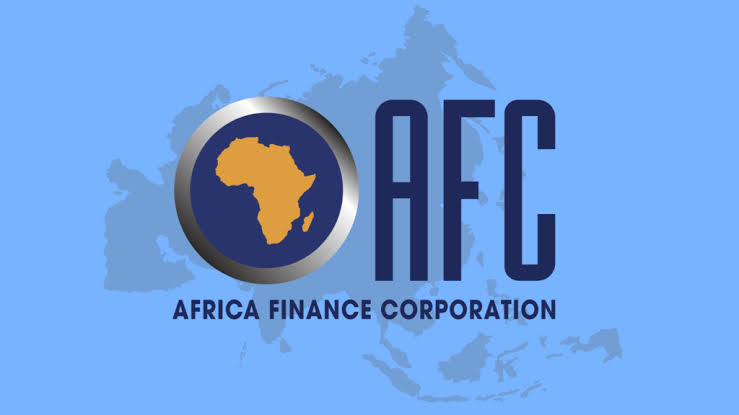In its commitment to financially support Africa to be back stronger after being hit by the COVID-19 pandemic, Africa Finance Corporation (AFC) says Africa will get up to a $2bn credit facility to support the economy and enhance economic resilience in the continent.
According to a statement released by the Corporation and obtained by Investors King, AFC is committed to funding up to 50 percent of the facility and mobilise the rest through its network of international partners and investors. The AFC also promised to help Africa recover from the effect of global challenges.
“In the wake of global crises including the COVID-19 pandemic and more recently the Russia-Ukraine conflict, Africa Finance Corporation is pleased to announce the launch of a US$2billion facility to support bank-driven economic recovery in Africa, and the resilience of African economics”, the statement read in part.
The funded facility will be tagged – Africa Economic Resilience and will be distributed through loans to designated banks such as commercial, regional development banks and central banks in different parts of Africa.
The Africa Economic Resilience facility is to also provide hard currency liquidity to finance trade and other economic activities in their various capacities. These financial institutions will be able to leverage AFC’s proven access to global funding to access financing at competitive rates.
While speaking on the purpose of the launch at the AFC Live infrastructure Solutions Summit, Head of Treasury and Financial Institutions, Banji Fehintola said: “the COVID-19 pandemic set back Africa’s economic growth trajectory and further widened the trade financing gap. Before the continent could get over that, the Russia-Ukraine conflict has brought with it a new set of challenges, but which have the same effect of negatively impacting growth prospects across the continent”.
“As such, we are determined to play a leading role in shaping the continent’s recovery and resilience, not only though the work we do in bridging Africa’s infrastructure gap, but also through targeted interventions such as this $2billion COVID-19 economic resilience facility,” he continued.
The statement added that through this funding intervention, AFC will accelerate its developmental impact in Africa, driving the continent to a new phase of growth that is focused on maximum resource value capture and domestic job creation.
For over 15 years, AFC has been committed to mobilizing a form of capital for important African projects using different bonds issuance for the last two years.
In 2019, it issued 10 year project plan of $500m, Eurobond. In 2020, it gave a five-year-old $700m Eurobond and in 2021, it gave a seven-year $750m Eurobond, its lowest yield.
Recently, an independent asset management arm, AFC Capital Partners was established with plans to raise $2bn to fund climate adaptation infrastructure projects in Africa.
The applications for the African Economic Resilience facility will open in (Date/Month/Year) through AFC’s website (www.AfricaFC.org).

 Naira4 weeks ago
Naira4 weeks ago
 Naira4 weeks ago
Naira4 weeks ago


 Naira4 weeks ago
Naira4 weeks ago




 Naira3 weeks ago
Naira3 weeks ago
 Commodities4 weeks ago
Commodities4 weeks ago


 News4 weeks ago
News4 weeks ago


 Banking Sector4 weeks ago
Banking Sector4 weeks ago
 Travel4 weeks ago
Travel4 weeks ago
























